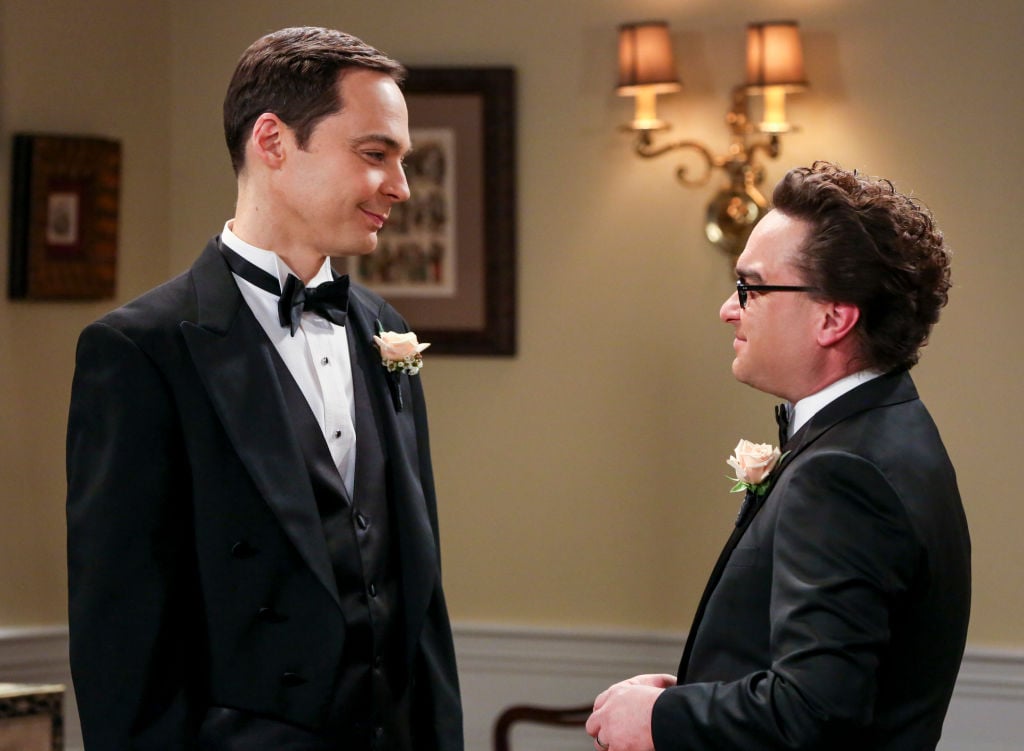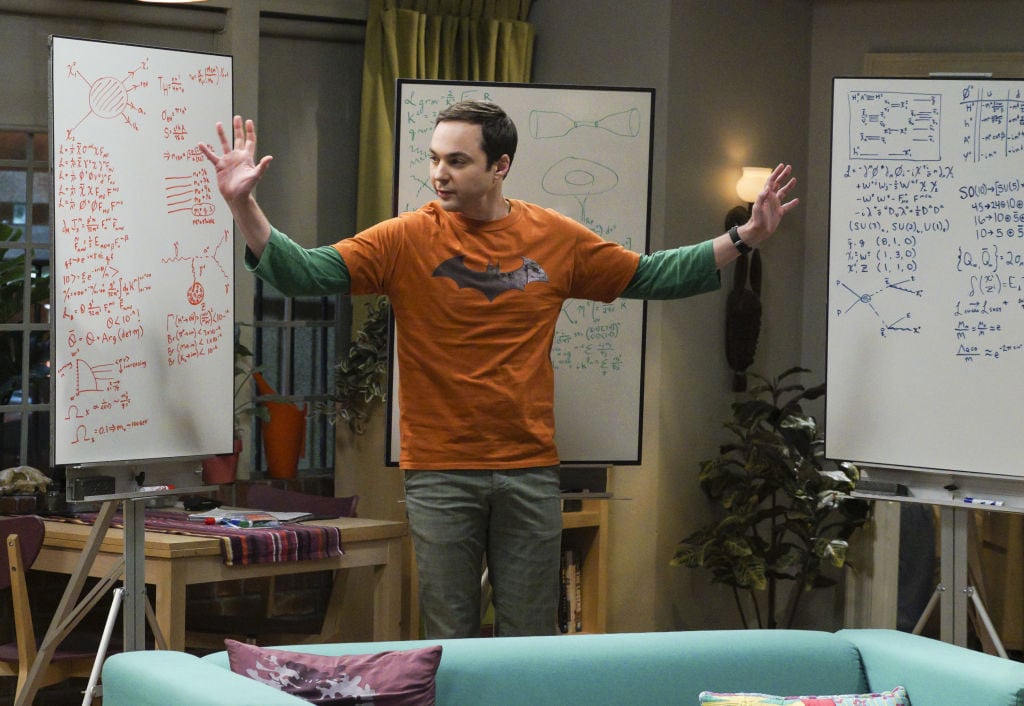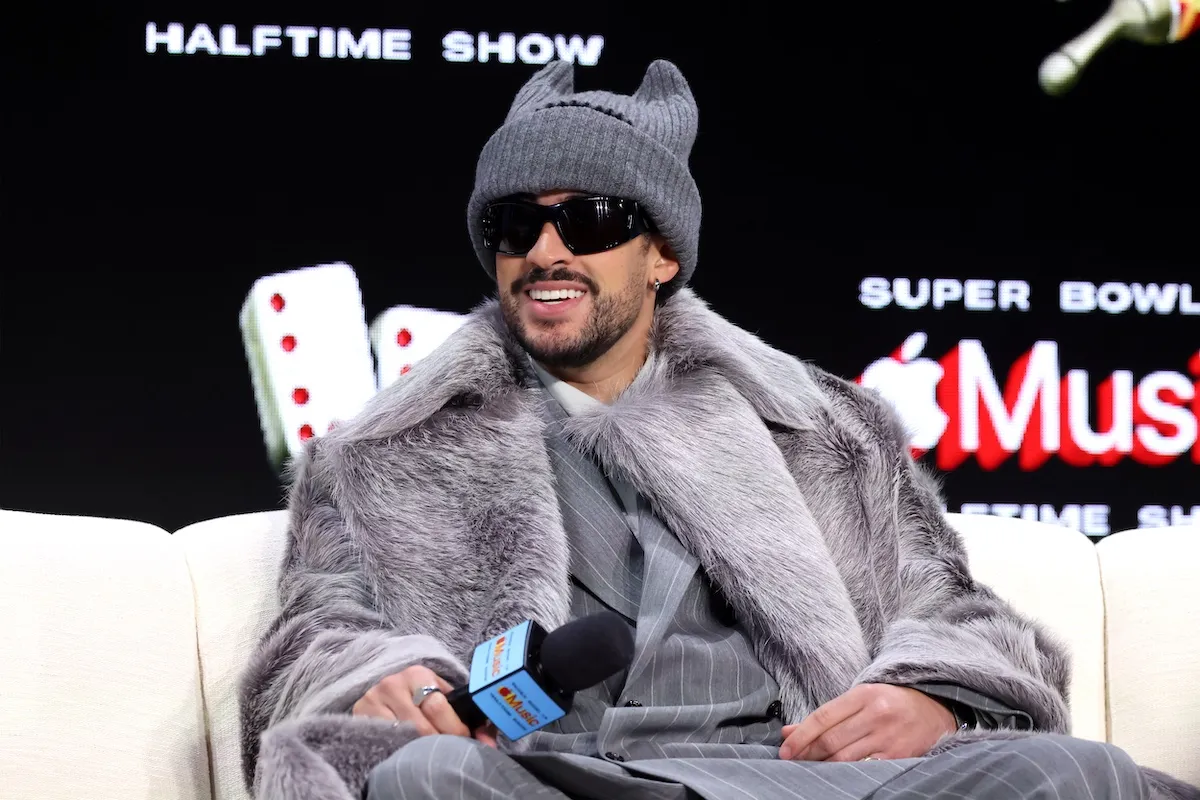‘The Big Bang Theory’: Why Does Leonard Put Up With Sheldon?
Leonard Hofstadter and Sheldon Cooper burst onto the scene in The Big Bang Theory as roommates. They technically didn’t need to be roommates, but their relationship seemingly worked. The deeper fans dove into the inner workings of the pair, the more it became clear that Sheldon and Leonard were an unlikely pair of friends, or were they? At first glance, Leonard and Sheldon’s friendship seems completely illogical, but if you dig into the psychology of it all, it’s actually wholly logical.
Leonard is a people-pleaser
People-pleasing doesn’t have a negative connotation attached to it. By and large, people consider “people-pleasers” to be great. The person who suffers, however, is the pleaser himself. According to Psychology Today, people-pleasers feel responsible for other’s feelings, they apologize often, they need praise to feel good, and are willing to go to the ends of the earth to ensure everyone else is comfortable around them.

Leonard is a classic people-pleaser, especially when it comes to Sheldon. He is more than willing to make himself entirely uncomfortable to ensure Sheldon doesn’t flip his lid. Leonard even works to smooth things over when Sheldon angers another member of the group. Think about the time he was willing to take Sheldon’s course for Penny to get her back into the apartment. He serves as Sheldon’s buffer and confidant, working to unbreak the broken psyche of Sheldon, but isn’t Leonard broken too? One could hypothesize that he is.
Leonard’s childhood predestined him to a strange relationship
Psych Central alleges that Leonard’s childhood is likely the reason he is willing to put up with Sheldon. Sheldon, in many ways, mirrors Leonard’s mother. Sheldon is rigid and cold. He is arrogant and prone to voicing his disapproval at the smallest infractions. By and large, Sheldon is Beverly Hofstadter.
When fans first meet Leonard’s mother, the pieces start to fall into place. Leonard once quipped that he was put in therapy when his mother accused him of “breastfeeding co-dependently.” He also notes that he seeks approval from strangers, and seems to offer up acts of service to get people to like him. Think about it; he chauffers Sheldon around, he offers up money to Penny when she needs it, and seems like an all-around dependable guy.
In short, a lack of affirmation as a child likely led Leonard to seek out approval from people who mirror his mother. Leonard admits that he’s in awe of Sheldon’s intelligence at one point, but at the same time, he recognizes he’s inherently broken and needs help, too. It’s like the writers took the profile of Leonard right out of a codependency handbook. The only deviation from a more traditional codependent relationship is that Leonard and Sheldon’s relationship is not a romantic one.
Sheldon and Leonard actually need each other
Sheldon and Leonard, no matter how codependent the link is, very much need each other. The pair balance each other out. Sheldon is completely unbending, while Leonard is adaptable to a fault. Sheldon is brilliant but socially inept, Leonard is not as intellectually gifted as Sheldon, but can work through social situations with relative ease.

Their strengths (and weaknesses) combine to craft a somewhat symbiotic relationship. Could one argue that Sheldon takes advantage of Leonard? Sure, that could be surmised, but there is more too it than that. In the end, Leonard needs the distraction of caring for Sheldon to avoid working on his own issues. Could he have been better served in the office of a therapist than tiptoeing around his own apartment? Probably, but then The Big Bang Theory wouldn’t be the show it is.


